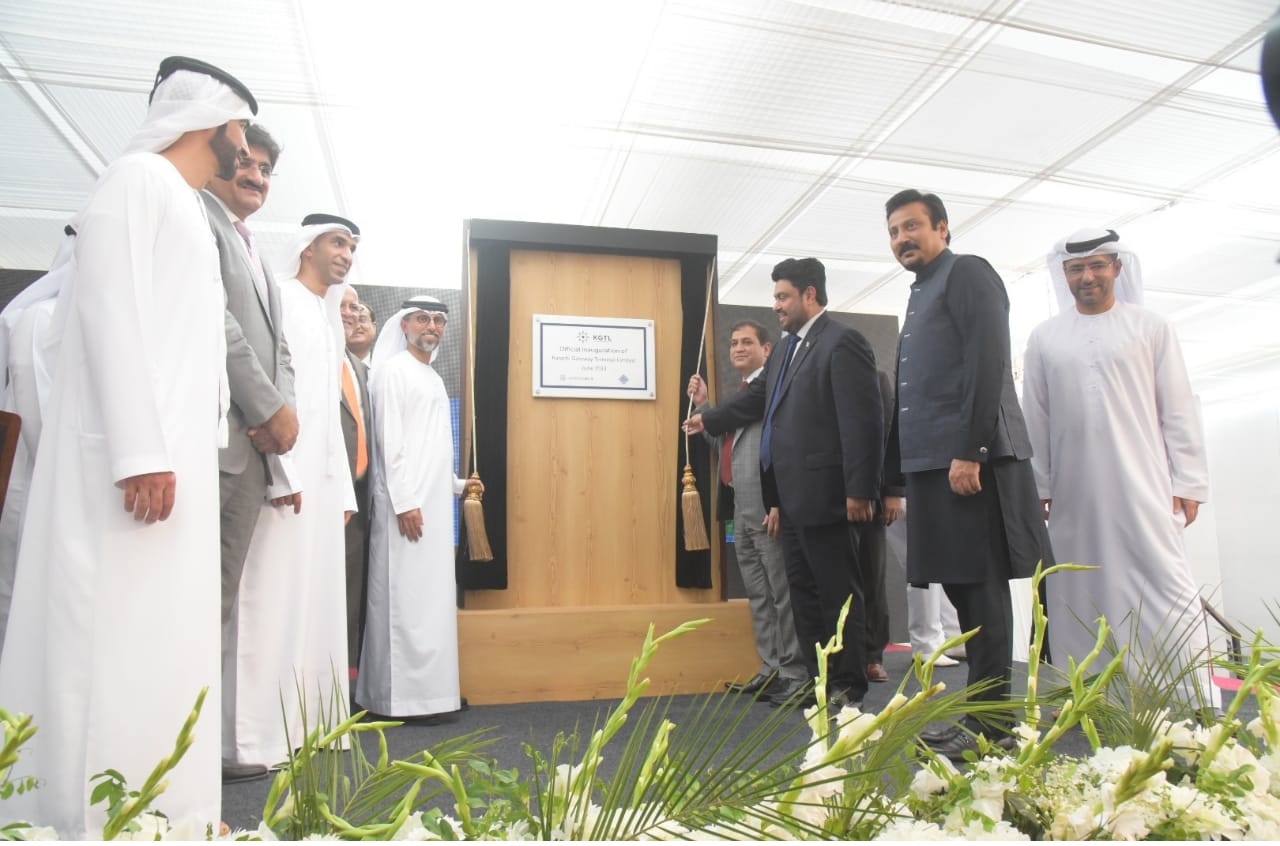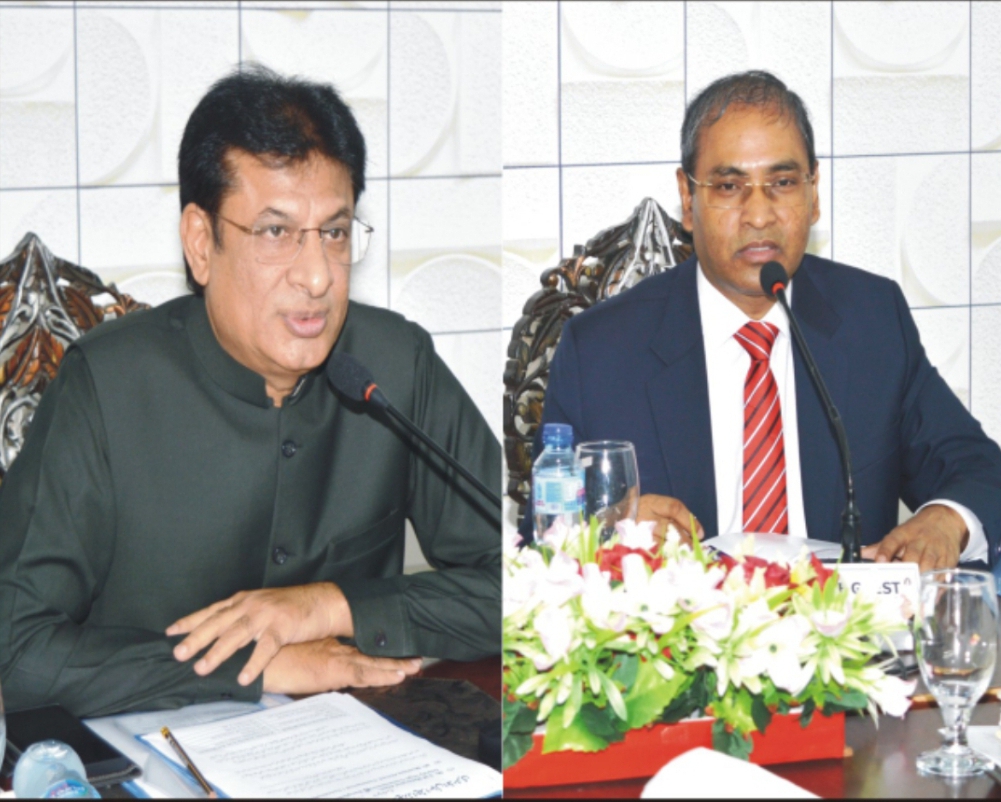
By Syed Wahaj Ahmed
Former Federal Minister for IT and Telecommunication Syed Aminul Haq said that the Ministry of Information Technology and Telecommunication (MoITT) invested over Rs70 billion on different development projects of telecom infrastructure and digital connectivity during the last three years.
He was speaking at the farewell ceremony hosted in his honor by Pakistan Software Houses Association (PASHA) Chairman Zohaib Khan and SI Global Solution Chief Executive Officer Nauman Ahmed Saeed in Karachi.
During his address, Haq shed light on the establishment of the Special Facilitation Investment Council (SIFC) shortly before the government’s term ended. The council aimed to accelerate the information and communication technology sector’s growth in line with its evolving needs. Haq commended the visionary leadership of former Prime Minister Shahbaz Sharif and Chief of Army Staff (COAS) Syed Asim Munir.
What’s more, he extended his best wishes to Caretaker Minister of IT Dr Umar Saif, while asserting that his expertise in IT would continue to propel the ministry towards success.
On top of that, he elaborated on his ministry’s achievements, including providing free online training to 3.6 million youth across 15 courses, generating over 400,000 employment opportunities through national incubation centers, and investing more than Rs42 billion in the IT sector in Karachi and Islamabad.
Haq also enunciated the construction of state-of-the-art information technology parks, offering technological job opportunities to 118,000 Karachi youth, and providing mobile network access to 40 million people in remote regions, costing Rs78 billion. Notably, his tenure successfully completed 83 projects, prioritizing tangible actions over rhetoric, transcending caste, language, and provincial divisions. The results of these endeavors are expected to materialize in the coming months.
CEO SI Global Noman Said stated that the ministry had integrated all its departments under one roof which significantly improved the overall performance of the IT sector.
Under the former minister, Pakistan witnessed the emergence of several brands, and projects including tech destination, cloud computing, cyber security policies, and freelancing.
“I hope these all projects should continue and carry forward with the same letter and spirit in the next five years,” he said.
He further stated that IT industries should keep enhancing its collaboration with academia and enhancing capacity building of the human capital to scale up exports of IT and IT-enabled services to traditional and non-traditional markets.
PASHA Chairman Zohaib Khan stressed and described collaboration with stakeholders, and continuation of successful strategies as two major factors for the growth of the sector which should be persistent in the caretaker setup.
He mentioned that the local IT industry significantly extended its exposure to international markets through participation in global events of the IT sector in the last three years.
Distinguished figures from the IT industry, including Jahan Ara, former president PASHA, CEO Systems Limited, Asif Peer, Nadeem Elahi, CEO Ibex, Azfar Ahsan and others also attended the event.
The MoITT is aimed to empower countrymen through seamless access to accurate information and reliable services by means of ICT applications and telecom platforms; and establishing a knowledge-based economy. It also pleads for creating an enabling environment through formulation and implementation of policies and legal framework; providing ICT infrastructure for enhancing productivity; facilitating good governance; improving delivery of public services and contributing towards the overall socio-economic growth of the country.
As pilot project, high impact skills boot camps (HISBC) for certain critical new ICT technologies will be established through service provider on train the trainer (TOT) concept at different locations of the country initially in Islamabad and Karachi.
Most universities have been unable to timely update curriculum or mobilize resources to cope up with rapid demand of certain new technologies like cloud computing, data science and block chain. Eventual benefits of such skills development will result in export of high value services required by demanding international markets.
Boot camp training service provider will provide a model course work and methodology to be used as a guideline to universities and other institutions to train students in future and prepare them for software development jobs in the field of cyber security, cloud computing, artificial intelligence (AI) and block chain technology for the next decade: 2020-2029.









































